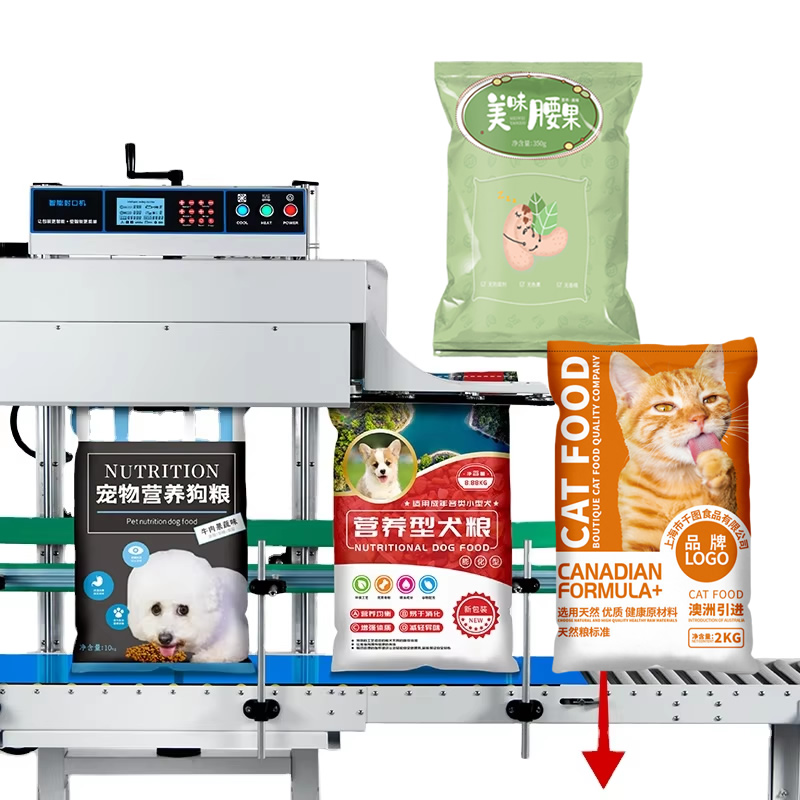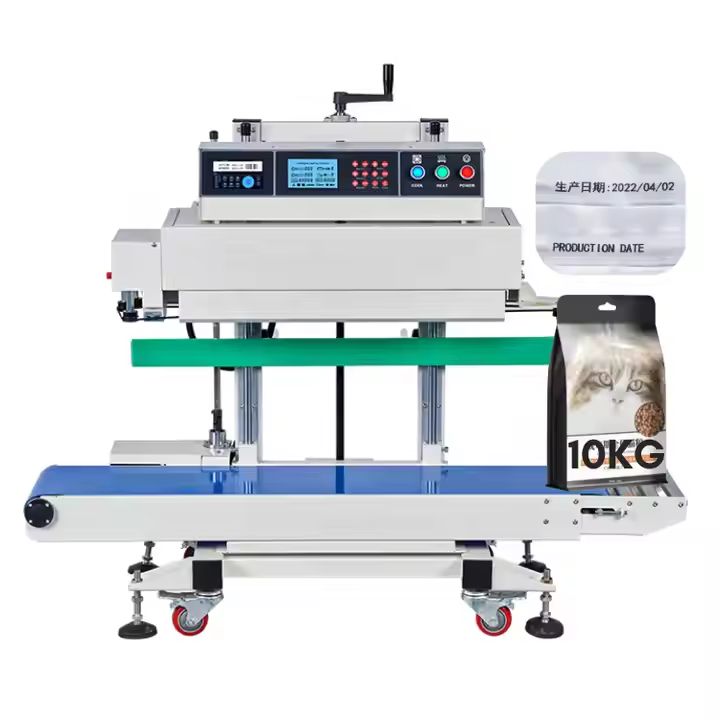- Time: 2025-04-09 Posted: pady
-
Industrial vacuum sealers, by removing air from packaging and sealing it, have revolutionized multiple industries through their efficiency and versatility. Here’s a structured analysis of their global impact:

Extended Shelf Life & Reduced Waste
Food Industry: By inhibiting aerobic bacteria and fungi, vacuum sealing significantly extends the shelf life of perishable goods, reducing spoilage during transit. This is critical for global trade, enabling countries to export perishables like meat, dairy, and produce over long distances.
Environmental & Economic Benefits: Reduced food waste lowers economic losses and environmental strain, aligning with sustainability goals.
Enhanced Safety & Compliance
Contamination Prevention: Sealed packaging protects against contaminants, meeting stringent international safety standards (e.g., FDA, EU regulations). This facilitates cross-border trade by ensuring compliance.
Pharmaceuticals: Sterile packaging for medicines and vaccines ensures efficacy and safety, crucial for global health initiatives and pandemic response.
Logistical Efficiency
Space Optimization: Compact packaging allows more products per shipment, cutting transportation costs and carbon emissions.
Supply Chain Resilience: During crises (e.g., COVID-19), vacuum-sealed medical and food supplies maintained supply chain continuity, highlighting their role in emergency preparedness.
Economic Empowerment
Emerging Markets: Enables agricultural economies to export perishables, boosting trade balances and economic stability.
Cost-Effectiveness: Lower shipping costs and reduced waste improve profit margins for businesses globally.
Versatility Across Industries
Electronics: Protects sensitive components from moisture and oxidation, ensuring quality in global manufacturing chains.
Aerospace/Military: Safeguards critical parts from environmental damage, enhancing reliability and safety.
Sustainability & Health Trends
Reduced Preservatives: Aligns with clean-label demands by minimizing chemical additives in food.
Material Innovation: Development of biodegradable films addresses plastic waste concerns, supporting circular economy goals.
Technological Advancements
Smart Packaging: Integration of sensors for freshness monitoring enhances quality control.
Energy Efficiency: Advances in machine design reduce operational costs and environmental impact.
Disaster Relief & Global Health
Emergency Response: Long-lasting, compact supplies aid in disaster relief efforts, ensuring efficient resource distribution.
Conclusion
Industrial vacuum sealers are a global game-changer by transforming preservation, safety, logistics, and sustainability across industries. Their role in enabling efficient trade, reducing waste, and supporting crisis responses underscores their indispensable impact on the modern world.

